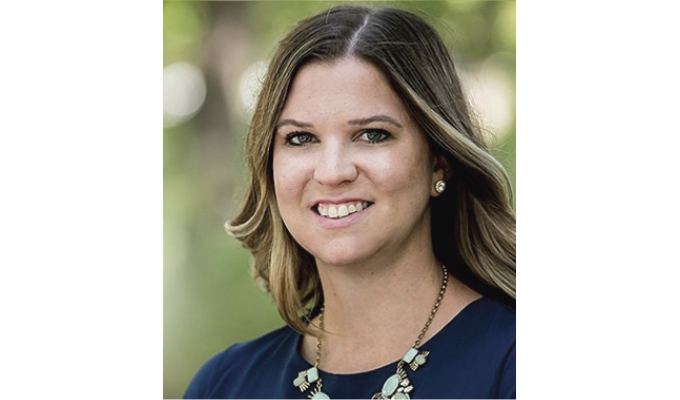Carissa Skorczewski is the first woman and third generation of her family to successfully run and modernize Groebner, a manufacturer’s representative and distribution company serving the natural gas industry. Despite being in a traditionally male-dominated industry, her family’s forty-six-year-old company has just been certified as a Women’s Business Enterprise (WBE) by the Women’s Business Enterprise National Council (WBENC), the nation’s largest third-party certifier of businesses owned and operated by women. Below, Skorczewski discusses some of the benefits diverse leadership can bring.
MPT: How would you assess the diversity found at top business positions today? Who’s benefitting from a more representative leadership team?
Carissa Skorczewski: Things are looking up for female business leaders across corporate America, and the entire U.S. workforce is the chief beneficiary. As industries become more competitive amid a shakily rebounding macroeconomy, diversity of thought and perspective at the top of the corporate ladder is growing in importance. New challenges from inflation and globalization to automation and supply chain woes need to be met with new solutions—often the kind of ideas and innovation that stem from a leadership team comprised of different life experiences, whether it’s a difference of gender, race, identity, or socioeconomic background.
MPT: Where can the value of these different life experiences best be seen today?
Carissa Skorczewski: The oil and gas services sector, particularly, has needed a fresh perspective for many years, but it recently has made great strides. Today, the female perspective is not only necessary but also encouraged in a field that was once male-dominated.
A new and inclusive approach is required to not only stay relevant but advance in a competitive market. The number of women in leadership roles is growing every day, and in many industries, it’s become commonplace. Even those who were initially slow to accept change have since warmed up to the idea of having the make-up of the C-suite reflect that of the workforce. This includes critical areas of the economy like the supply chain, where female leaders are being accepted at a rate that would have been surprising only ten years ago.
MPT: Is the proverbial glass ceiling finally broken or just cracked?
Carissa Skorczewski: There is still room for improvement, though, according to workplace diversity research, which recently found that less than 4 percent of people leading America’s Fortune 500 companies are women.
Also, according to a study by McKinsey and Co, gender equity is crucial for organizations and businesses to perform at the highest levels. The study found, “companies in the top quartile for gender diversity on executive teams were 21 percent more likely to outperform on profitability.” Additionally, having women in decision-making roles has been found to help the company better serve their female clients and consumers.
MPT: What insights can you share for those companies looking to diversify their leadership teams?
Carissa Skorczewski: Better opportunities for creativity and problem-solving are just a few benefits of diversity in the workplace. Female leadership, specifically, brings a point of view that is sorely lacking in many industries. Despite the false stigmas that have spread, women are likely to improve corporate culture and boost efficiencies while maintaining quality.


